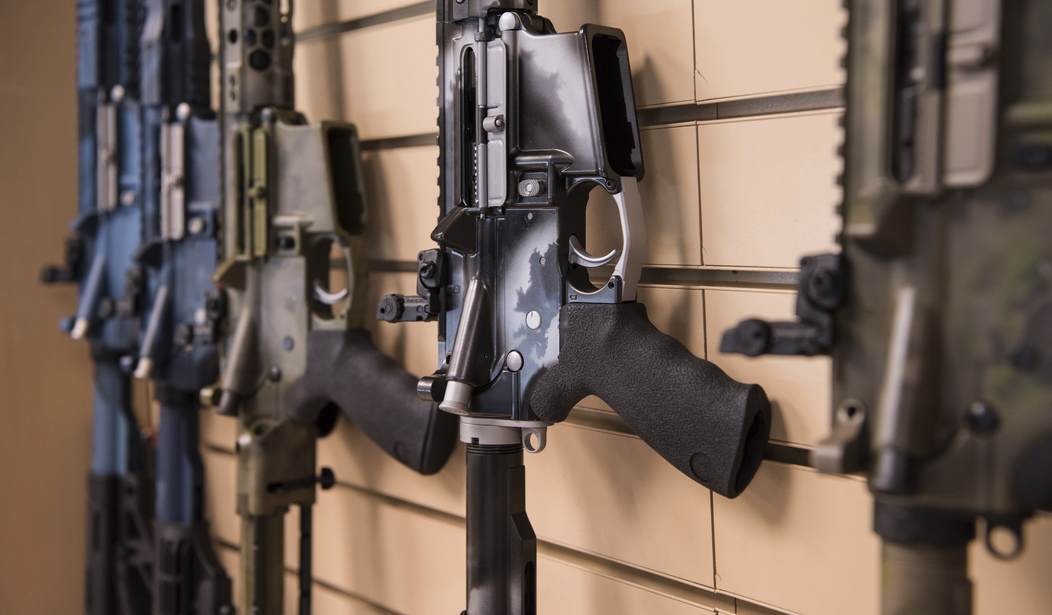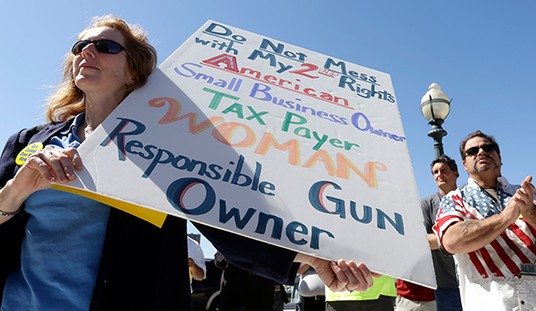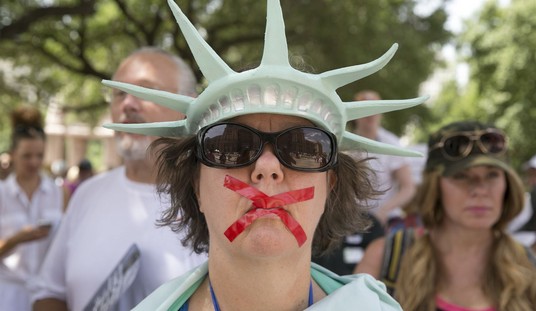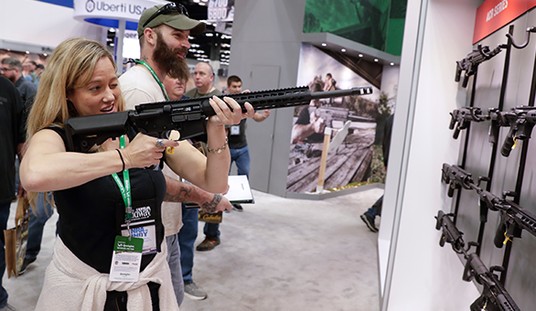While we are ostensibly one nation, we’re not all the same. Life in the Midwest isn’t like life in New Orleans which isn’t like life in the Big Apple. Different places have their own culture, their own style. Because of that, you can make different assumptions about people based on where they live.
You’re not always right, of course, but a lot of times, you are.
What does this have to do with gun rights? Well, I’m glad you asked, even if you didn’t.
It seems that a report popped up this week that noted that controversial red flag laws are rarely used in places like major cities.
Red flag gun laws were adopted in 19 states and Washington, D.C., however, several jurisdictions rarely use the provisions to seize firearms from people threatening violence, The Wall Street Journal reported on Monday.
Judges can temporarily seize firearms from individuals at the request of authorities, family members or coworkers, according to the WSJ.
…
New York City officials have used red flag laws to seize weapons five times since 2019, according to data reviewed by the WSJ. In the same time frame, officials in Suffolk County, New York, including some of Long Island, used the laws 163 times.
Cook County, Illinois, which includes Chicago, seized firearms seven times in 2020 and five times in the first half of 2021, the WSJ reported. Red flag gun laws were used once in Hawaii.
Officials in Polk County, Florida, have acted on 874 occasions under red flag gun laws to remove firearms since 2019, according to the WSJ. The laws were widely adopted after a gunman killed 17 people at the Marjory Stoneman Douglas High School in Parkland, Florida.
The law is also rarely invoked in places like Hawaii.
So why are such anti-gun jurisdictions less likely to invoke a red flag order than somewhere like relatively pro-gun Florida?
Well, remember what I said earlier about how you can make different assumptions about people living in different places? People who live in those places make similar assumptions about their neighbors.
In more anti-gun environments, people simply assume others don’t have guns. As a result, when someone talks about shooting somewhere up, they may be alarmed, but they don’t consider whether that person even owns a firearm or not. They assume they don’t, making such talk worrying, but not threatening.
Meanwhile, in a place like Florida, people don’t make that assumption. In fact, they figure there’s a really good chance someone may be armed, thus they react differently.
In the process, it creates the great red flag law paradox. The places where such a law is most likely to be passed are also the places where such a law is least likely to be used and vice versa.
Of course, nothing in the report actually illustrates whether the laws actually work or not, but since we’re not seeing non-crime-related mass shootings in any of these cities, it seems that red flag laws aren’t really needed to stop such events. That’s not exactly breaking news to most of us, but it should be illuminating for anyone proponents of such an unconstitutional law.
Not that they’ll admit it.









Join the conversation as a VIP Member